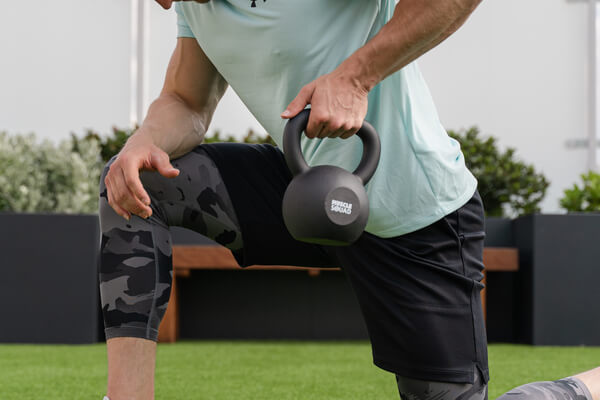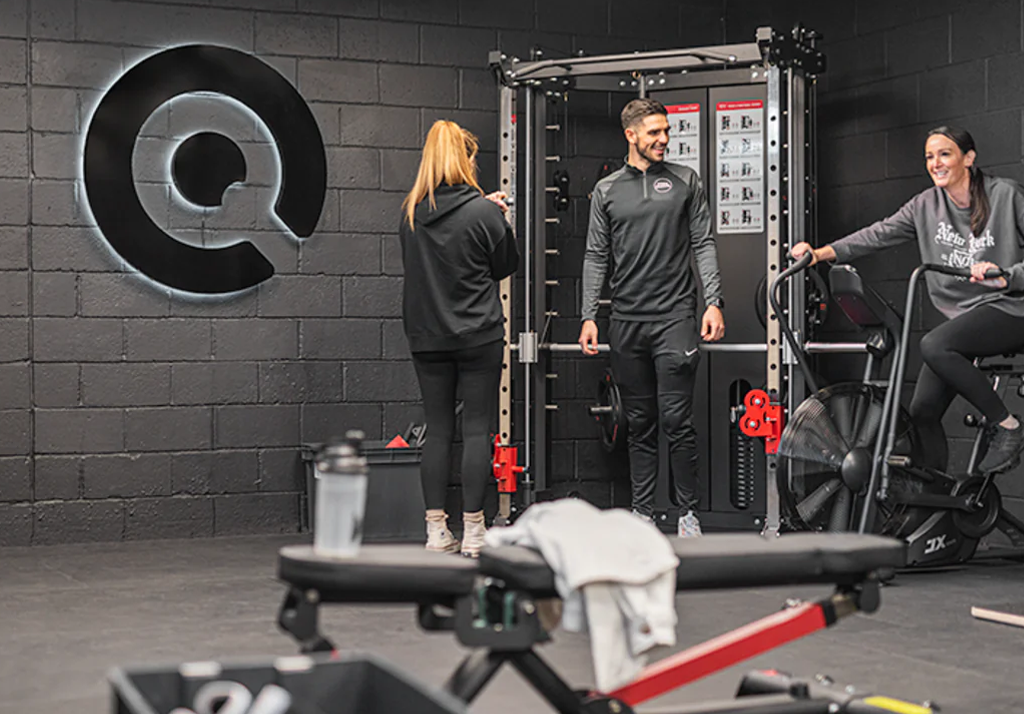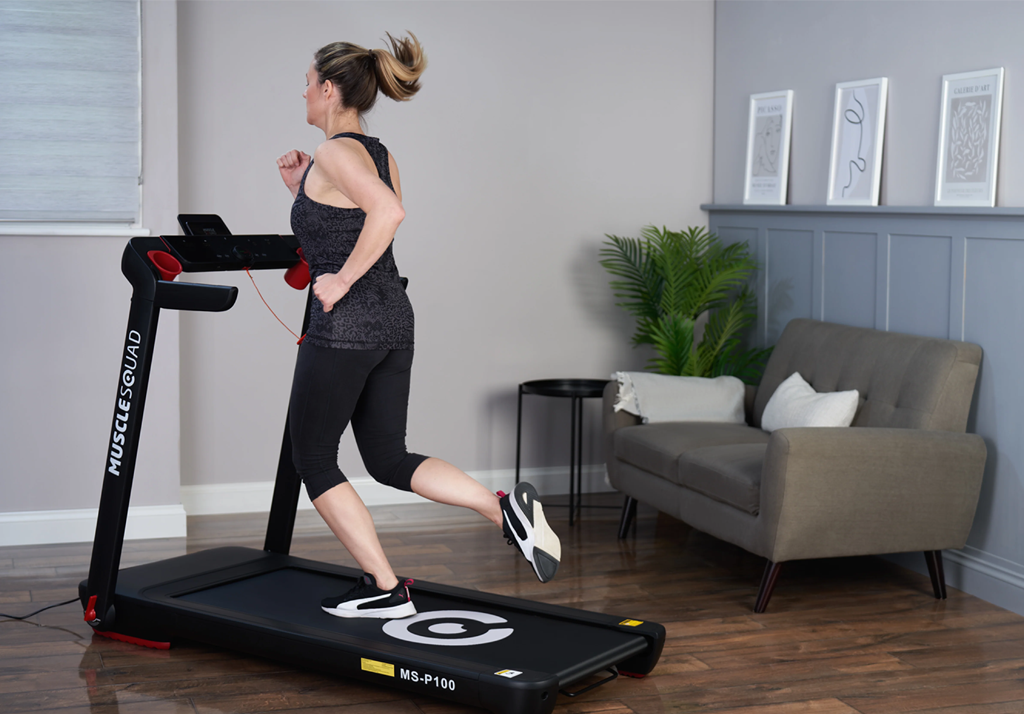In the pursuit of weightlifting whether it is for strength or hypertrophy, we tend to focus on our training programs and nutrition. One vital factor that tends to be commonly overlooked is sleep, according to the World Health Organisation, roughly 1 in 3 people are sleep deprived. On a fundamental level, humans cannot survive without sleep, it is an essential biological process that allows our bodies to reset, heal, recover, and maintain physical, mental, and emotional health. This article will cover 3 ways sleep can benefit your weight training and ways to help you improve your sleep.

- Muscle Recovery
When you undergo resistance training, you put your muscles under stress to create micro tears in the tissue, during sleep, the body releases growth hormone, which is crucial for muscle repair and recovery. Without adequate sleep, the body may not have enough time to fully recover and repair your muscles which can lead to suboptimal performance at the gym and halt your progression.
- Hormonal balance
On top of growth hormone, sleep is also important for regulating hormones that play a key role in weight training and general human health. For example, testosterone is an important hormone for building muscle mass, and lack of sleep has been shown to decrease testosterone levels. On the other hand, cortisol is a hormone that can break down muscle tissue, and sleep deprivation is linked to an increase in this hormone which is another element that can negatively impact your training and progress.
- Mental focus
Sleep is vital for maintaining mental focus and concentration during the day, when you are well-rested, you are more likely to be able to stay focused on your goals and push through difficult workouts. Weightlifting requires a lot of mental focus, you are performing strenuous and technical movement patterns under extreme heavy loads, lack of sleep can decrease mental acuity, leading to poorer performance in the weight room.

How can I improve my sleep?
Here are some tips to help you get a better night’s sleep and recover for your next workout:
- Stick to a consistent sleep schedule
Try to go to bed and wake up at the same time every day, even on weekends. This helps regulate your body's natural sleep-wake cycle, making it easier for you to fall asleep and stay asleep. Regular sleep patterns can help the body's internal clock, leading to better quality sleep and improved sleep efficiency.
- Night routine
Establish a relaxing routine before bed to help signal to your body that it is time to wind down. Anything that can help you relax your mind, lower your heart rate to let you enter a calm peaceful state. This could include activities like taking a warm bath, reading a book, or practicing meditation or deep breathing exercises.
- Sleep environment
Your sleeping conditions are essential to allowing you to fall asleep and getting good quality sleep. Ensure your bedroom is dark, quiet, and cool. Consider investing in a comfortable mattress and pillows. Limit your exposure to electronic devices, particularly screens, in the hours leading up to bedtime, as the blue light emitted by these devices can interfere with sleep. Most smartphones allow you to change the display settings to reduce the amount of blue light you are exposed to, apply these settings towards the end of the day to help get you ready to sleep.

Summary
In conclusion, sleep is an essential part of our daily routine, as it provides our bodies and minds with the time they need to rest, recover, and rejuvenate. It plays a critical role in maintaining our physical and mental health, as well as our overall quality of life. Lack of sleep can have serious consequences, including impaired cognitive function, decreased productivity, and increased risk of accidents and health problems.
It is important to prioritise sleep by establishing healthy sleep habits, such as sticking to a consistent sleep schedule, creating a relaxing bedtime routine, and making changes to your sleep environment. By taking these steps, you can improve the quality and quantity of your sleep, which can have a positive impact on your overall health and wellbeing. Remember, getting enough high-quality sleep is not a luxury, but a necessity, and should be viewed as an essential component of a healthy lifestyle.

 Mar 23, 2023 - JY Sharif
Mar 23, 2023 - JY Sharif


Leave a comment: